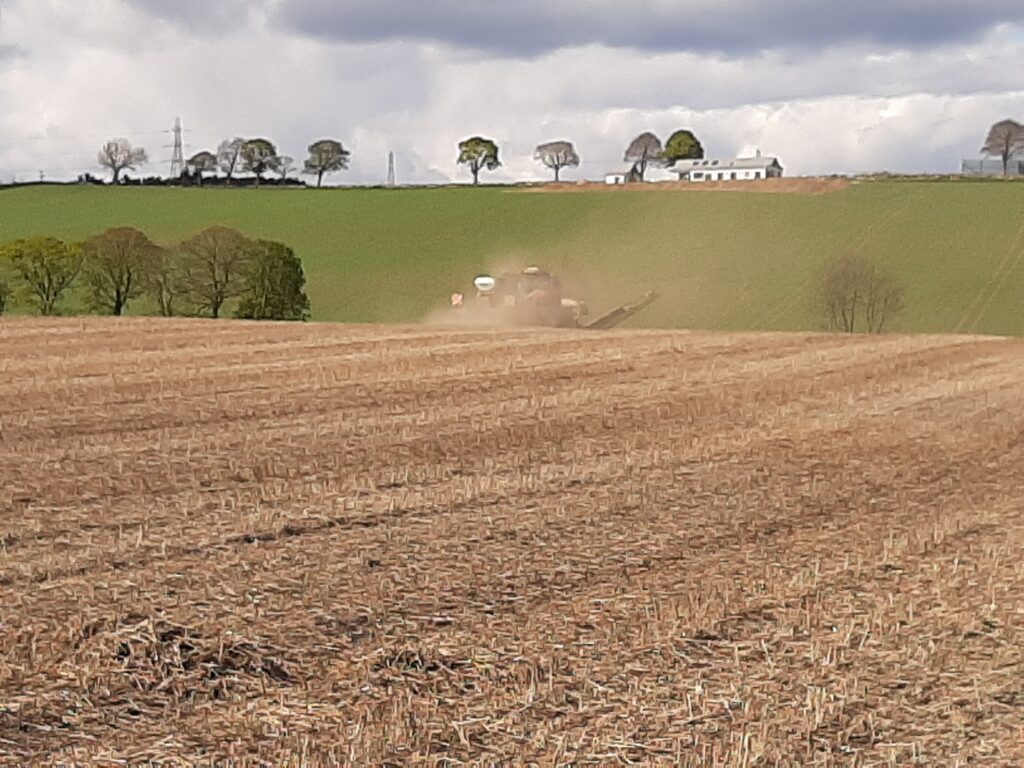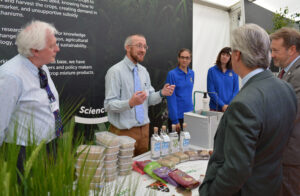SEAMS (Sustainability in Education and Agriculture using Mixtures) is a four-year project funded by the Esmée Fairbairn Foundation, and coordinated by the James Hutton Institute, which ran from April 2019 to March 2023.
Project aim
To develop, promote and implement crop species mixtures as a sustainable crop production system for Scotland and as a resource for knowledge exchange on food production, agricultural ecology, and environmental sustainability to a wider audience including school groups.
About the project
What are crop mixtures and why should we be interested in them?
Crop species mixtures – also known as intercrops – involve the growing together of more than one crop species at the same time and in the same area of land. Although a common practice globally, and once common in countries such as Scotland, they have fallen out of favour during the recent drive to highly mechanised and intensive farming. Potential benefits from mixed crops include the maintenance of crop yields with reduced inputs such as herbicides and pesticides, and greater resilience to environmental variability such as summer droughts.
Challenges to the wider growing of crop mixtures include the provision of advice to farmers on what to grow and how to grow it as part of a modern farming system and generating an understanding of crop mixtures and a demand for their products.
What we have done through SEAMS?
SEAMS developed a network of field sites across the main arable food production areas of Scotland. These sites trialled crop mixtures, providing information on how to tailor the use of crop mixtures to different locations in Scotland. They also provided a platform for knowledge exchange and learning. The sites were working farms spread across Scotland and the project took a participatory approach, especially with respect to deciding the crop mixtures to be trialled.
Core sites also hosted visits for wide a range of groups, including:
- Farmers – following the highly successful GWCT farmer clusters approach core sites were a hub for discussions with farmers
- Local schools – schools engaged in citizen science activities and used crop mixtures as an opportunity to find out more about sustainable food production and the ecology of farmed landscapes.
- Food buyers and producers – to help increase the uptake and demand for local products derived from crop mixtures.
- Policy makers – to promote crop mixtures within future policy decision making.



